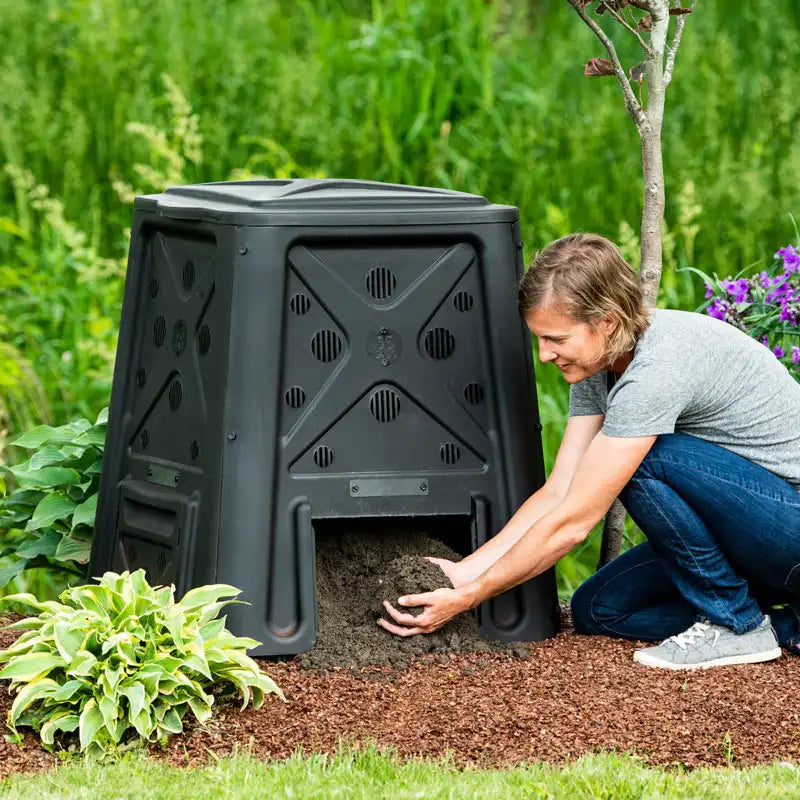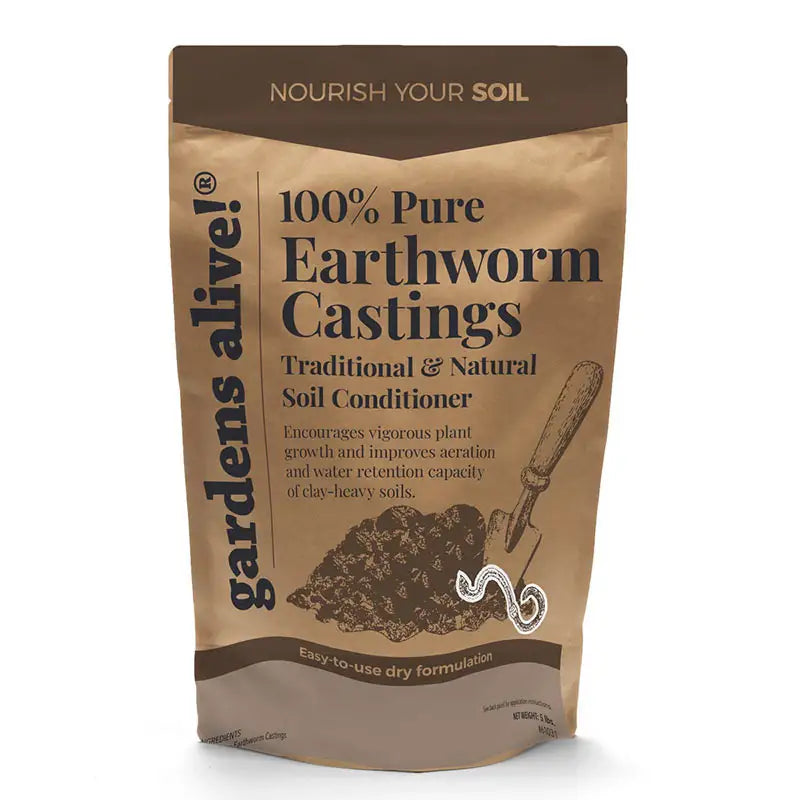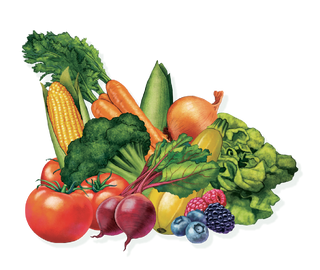Of Poop, Prions and Pesky Parasites
Q. Kate in Montgomery County writes: "I've loved your show for years. In a recent episode, you mentioned composting deer poop. I'm deeply worried about this, as my understanding is that the poop can pass along Chronic Wasting Disease (by healthy deer eating the feces of infected deer as they graze). CWD is pervasive in our deer herds, which are overpopulated and at great risk from rampant diseases of this kind.
"A year ago a hunter decided to set up a post in my father's backyard (without asking permission). The hunter spread feed to attract deer and the area was soon an inch deep in deer pellets. I finally persuaded the hunter to move on, but the feed and pellets remained. I've been leery of foraging the area ever since.
"I'm even more concerned about the idea of using compost that included deer feces. My understanding is that there are no reported cases of humans getting CWD, but researchers are still worried that it could eventually happen.
"Anyway, I'd really love to hear more information from you on this."
A. So would a lot of people Kate, as many elements of this infection are still poorly understood.
As the CDC explains, Chronic Wasting Disease is one of several "transmissible spongiform encephalopathies (TSEs); a family of rare progressive neurodegenerative disorders that affect both humans and animals." Although I am now quick to point out that human TSEs are NOT Chronic Wasting Disease and there is no evidence that animal to human transition has ever occurred, even to hunters who eat lots of potentially infected deer meat.
(The most prevalent human TSE is Creutzfeldt-Jakob disease (CJD), a rapidly progressive, invariably fatal neurodegenerative disorder that affects approximately one person in a million worldwide.)
Back to the CDC: "The causative agents of TSEs are believed to be prions. The term "prions" refers to pathogenic agents that induce abnormal folding of specific cellular proteins found most abundantly in the brain. The functions of prion proteins are still not completely understood."
In a nutshell, Chronic Wasting Disease is caused by an abnormal protein found in the brain of deer and related species, like elk. Although transmission from deer or elk to humans has never been observed, hunters are cautioned not to handle obviously wasted deer and not to eat the brains. That sounds doable.
I have, in the past, included deer 'pellets' (actually they look more like marbles) in my compost piles. I rationalized that I was getting even with those relentless appetites on legs; after all, those marbles were once my hostas! But after reading WAY too much research on this topic over the past week, I will probably stop this practice out of an abundance of caution. I suspect that these marbles might be made safe if I were to integrate them in my hottest compost pile and keep it hot. REALLY hot.
But there's plenty of other poop to be had out there, so I will leave the sleeping marbles where they lay. Oh and remember kids: ALWAYS wear gloves and wash them well after handling any kind of poop. Your hands too, of course...
One final comment as we proceed to a similar question/comment/what some guy wrote to us: Outside of disease concerns, poop from herbivores with hooves (and not soft paws) is the safest manure to include in your pile. Do NOT include manure/feces of carnivores and omnivores like dogs and cats; there be parasites a plenty in there. OK? We now move on to...
Q. John, a former rabbit rancher living near Cincinnati, who writes: "I just heard you warn against using soft pawed herbivore manure in your compost, and I mostly agree; with the exception of rabbit manure. As far as parasites are concerned, the rabbits I'm thinking of are either farm raised or household pets and are usually kept out of contact with actual soil.
"With some simple engineering you can collect and use these black pellets of manure in the garden without any aging; and they make my veggies grow great. I bring this up because there are many folks that might have gotten confused by your statement and be afraid to use rabbit manure.
"If I'm wrong, I'm willing to learn why, as I'd rather not harm myself or anybody who eats my veggies. Hopefully I don't sound TOO crazy."
You are WAY low on the crazy scale, John (of which first place will always be held by Murdock of the original A-Team. To quote B. A. Baracus, aka Mister T: "I pity that fool!").
Anyway, rabbits that are not allowed to roam in the garden ('calling Mister McGregor!') should not have the opportunity to come into contact with parasites, despite their soft paws. And yes, rabbit pellets make a great natural fertilizer, as does sheep poop, doubly so because sheep are vegetarians and got them parasite defensive hooves. Same goes for goats.
And let us not neglect gerbils, whose poop is also perfect for your pile, wood shavings included. Or the famed bagged fertilizer "Kricket Krap". Crickets are raised in huge numbers to feed humans and reptiles and their abundant waste products make a fine fertilizer.
"A year ago a hunter decided to set up a post in my father's backyard (without asking permission). The hunter spread feed to attract deer and the area was soon an inch deep in deer pellets. I finally persuaded the hunter to move on, but the feed and pellets remained. I've been leery of foraging the area ever since.
"I'm even more concerned about the idea of using compost that included deer feces. My understanding is that there are no reported cases of humans getting CWD, but researchers are still worried that it could eventually happen.
"Anyway, I'd really love to hear more information from you on this."
A. So would a lot of people Kate, as many elements of this infection are still poorly understood.
As the CDC explains, Chronic Wasting Disease is one of several "transmissible spongiform encephalopathies (TSEs); a family of rare progressive neurodegenerative disorders that affect both humans and animals." Although I am now quick to point out that human TSEs are NOT Chronic Wasting Disease and there is no evidence that animal to human transition has ever occurred, even to hunters who eat lots of potentially infected deer meat.
(The most prevalent human TSE is Creutzfeldt-Jakob disease (CJD), a rapidly progressive, invariably fatal neurodegenerative disorder that affects approximately one person in a million worldwide.)
Back to the CDC: "The causative agents of TSEs are believed to be prions. The term "prions" refers to pathogenic agents that induce abnormal folding of specific cellular proteins found most abundantly in the brain. The functions of prion proteins are still not completely understood."
In a nutshell, Chronic Wasting Disease is caused by an abnormal protein found in the brain of deer and related species, like elk. Although transmission from deer or elk to humans has never been observed, hunters are cautioned not to handle obviously wasted deer and not to eat the brains. That sounds doable.
I have, in the past, included deer 'pellets' (actually they look more like marbles) in my compost piles. I rationalized that I was getting even with those relentless appetites on legs; after all, those marbles were once my hostas! But after reading WAY too much research on this topic over the past week, I will probably stop this practice out of an abundance of caution. I suspect that these marbles might be made safe if I were to integrate them in my hottest compost pile and keep it hot. REALLY hot.
But there's plenty of other poop to be had out there, so I will leave the sleeping marbles where they lay. Oh and remember kids: ALWAYS wear gloves and wash them well after handling any kind of poop. Your hands too, of course...
One final comment as we proceed to a similar question/comment/what some guy wrote to us: Outside of disease concerns, poop from herbivores with hooves (and not soft paws) is the safest manure to include in your pile. Do NOT include manure/feces of carnivores and omnivores like dogs and cats; there be parasites a plenty in there. OK? We now move on to...
Q. John, a former rabbit rancher living near Cincinnati, who writes: "I just heard you warn against using soft pawed herbivore manure in your compost, and I mostly agree; with the exception of rabbit manure. As far as parasites are concerned, the rabbits I'm thinking of are either farm raised or household pets and are usually kept out of contact with actual soil.
"With some simple engineering you can collect and use these black pellets of manure in the garden without any aging; and they make my veggies grow great. I bring this up because there are many folks that might have gotten confused by your statement and be afraid to use rabbit manure.
"If I'm wrong, I'm willing to learn why, as I'd rather not harm myself or anybody who eats my veggies. Hopefully I don't sound TOO crazy."
You are WAY low on the crazy scale, John (of which first place will always be held by Murdock of the original A-Team. To quote B. A. Baracus, aka Mister T: "I pity that fool!").
Anyway, rabbits that are not allowed to roam in the garden ('calling Mister McGregor!') should not have the opportunity to come into contact with parasites, despite their soft paws. And yes, rabbit pellets make a great natural fertilizer, as does sheep poop, doubly so because sheep are vegetarians and got them parasite defensive hooves. Same goes for goats.
And let us not neglect gerbils, whose poop is also perfect for your pile, wood shavings included. Or the famed bagged fertilizer "Kricket Krap". Crickets are raised in huge numbers to feed humans and reptiles and their abundant waste products make a fine fertilizer.



